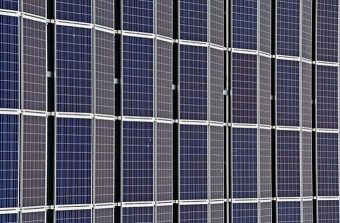
Kochi Metro, recently launched in the Indian state of Kerala, will get a quarter of its total electric supply from solar power systems.
This makes the Kochi Metro project unique, as every station of the project and the coach maintenance yard will have rooftop solar power systems installed. Delhi Metro and Mumbai Metro are the other two prominent subway systems that use solar power.
All 22 stations of the Kochi Metro and coachyard will have rooftop solar power systems installed. The cumulative capacity of these system will be four megawatts and are likely to be partially operational by October this year.
The subway system signed a power purchase agreement for these rooftop systems at Rs 5.51/kWh, which is a highly competitive rate for rooftop projects.
More importantly, Kochi Metro did not have to make any substantial upfront investment in the rooftop systems. The systems will be set up through a RESCO (renewable energy service company) model wherein Hero Power Private Limited will invest Rs 27 crore. Kochi Metro also received 15% financial assistance from the Ministry of New and Renewable Energy for the project.
Many subway systems in India have moved to rooftop solar power systems, including Delhi and Mumbai. These systems will likely make a substantial contribution to India’s rooftop solar power target.
Delhi Metro has gone a step further. It has signed a power purchase agreement with one of India’s cheapest solar power projects. It will procure around 200 megawatts of power from the Rewa solar power park for 25 years at an average tariff of Rs 3.30/kWh (5.1¢/kWh). The tariff is cheaper than that of many thermal power projects in India.
Source: cleantechnica.com

